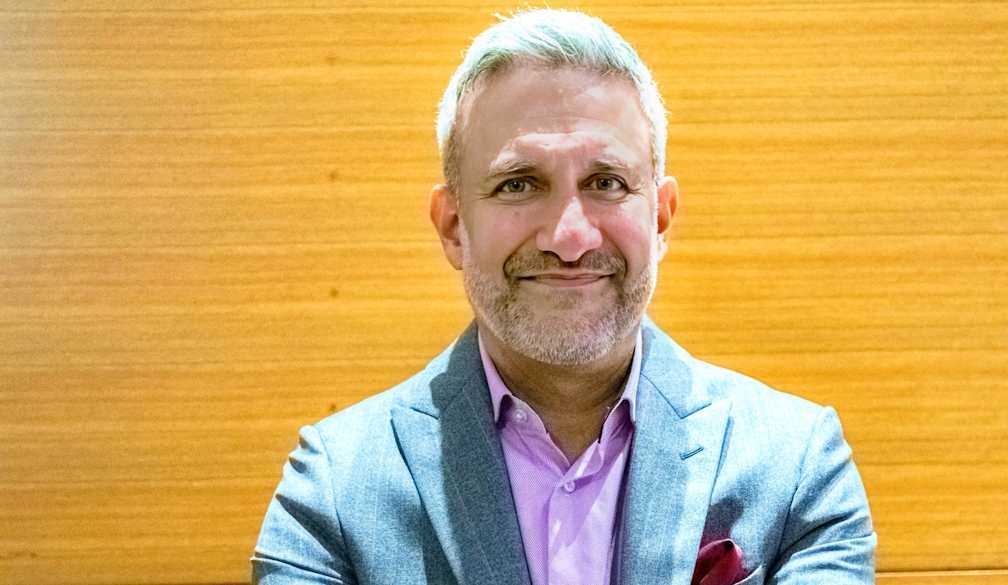Rising childhood anxiety shows need for support network approach – Safe Watch

Anxiety and other mental health issues among school-aged children, often caused by bullying, continue to rise, underscoring the urgent need for better early interventions and having a support network in place, according to leading industry experts. In Australia, research from the University of New South Wales [1] highlights that bullying is closely associated with mental health challenges such as anxiety, depression, and low self-esteem in school-aged children.
Research also shows that 1 in 7 children aged 4-17 in Australia experienced a mental health disorder in the past year, and 60% of them do not seek help, meaning more than 330,000 young people are facing these issues on their own.[2]
Carol-Anne Howlett, a Consulting Psychotherapist and Clinical Supervisor from The Red Chair Therapy, said there was a growing mental health challenge facing young people and their families across Australia.
“Since the onset of COVID-19, I have observed a noticeable increase in younger teenagers (13+) seeking support in my practice. A growing number of these cases involve issues such as school refusal and bullying. In parallel, many couples I work with face significant relationship challenges, largely stemming from the stress of supporting children and teens with suicidal tendencies, anxiety and depression.
“These parents often seek tools and strategies to manage their own relationship and self-care whilst continuing to provide the necessary support for their child. The mental health struggles of a child or teenager can have profound and far-reaching effects on the entire family unit.
“Another pressing concern is the strain on the mental health system, which is struggling to meet the growing demand within this demographic. Families often face long waiting periods of at least 2-3 months for a formal assessment, and even then, only if they can afford the associated costs.
“Children and teens are frequently prescribed medication, which can carry its own stigma, often leaving the young person with the belief that they are perpetually ‘unwell.’ This mindset can pose significant challenges as they transition into adulthood. With Safe Watch, the Care Village can identify an emerging mental health issue before it gets serious.”
Safe Watch helps young adults manage their mental health by allowing them to quickly record their mood and cultivating a trusted village network approach to mental well-being.
Safe Watch founder Shane Muller said many young people either feel they have no one to talk to or are frustrated that nobody “gets them.”
“Children and young adults today face overwhelming pressures from various sources, yet many don’t seek help or don’t know who to turn to. We cannot ignore the mental health needs of our children, especially when the statistics are so alarming,” Mr Muller said, “whether it’s school, social media, or peer interactions, many children suffer in silence, with recent events highlighting the tragic consequences of unchecked anxiety and bullying in schools.”
Safe Watch’s preventative tools and capabilities are designed to provide visual insights to carers, allowing schools and families to foster a positive and supportive environment and create a safe caring village.
We want to transform the reactive culture of crisis management into one of safe preventative care.
The Safe Watch platform is designed to work seamlessly with all types of carers and that extends to those providing services to young adults, such as schools. The objective is to make it easier to monitor the wellbeing of students without being intrusive and helping educators and family’s step in early with care and support.
Dr. Adrian Falkov, an experienced child, adolescent, and family psychiatrist with over 30 years in mental health services, emphasises the importance of early intervention in addressing anxiety and depression in young people.
“We encourage parents, teachers and peers to look out for behaviour changes, even subtle changes, as an indicator that all may not be ok. Early communication can help to reduce or alleviate symptoms before they become severe or cause complications in a young person’s life. Much mental ill health burden could be reduced with good, early communication,” said Dr Falkov,
“While we know that early intervention is crucial, some children and young adults may not feel or be able to talk to their parents about their mental health challenges, and it is therefore important to ensure a range of accessible formal and informal supports and services are available as well.”
Safe Watch’s unique Village Care Network adopts a holistic approach to mental health by engaging the children and young adults and their peers, teachers, and parents.
The platform includes tools like feelings tracking and personalised wellness journeys, which help detect early signs of distress and allow for timely intervention before anxiety escalates.
Features of Safe Watch:
Feelings Tracking: Children and young adults can log their feelings, providing real-time insights for parents and educators to understand behavioural changes.
Personalised Wellness Journeys: Tailored resources empower students to develop resilience and coping strategies.
Community Collaboration: Safe Watch fosters a culture of collective care, involving teachers, parents, and peers in the child's mental health journey.
Privacy Protection: With blockchain technology, children’s data is secure, ensuring privacy and confidentiality in a safe space.
Call to Action
Safe Watch invites schools, policymakers, and community leaders to join us in this critical initiative. Schools can provide a proactive approach to mental health support by integrating our platform into existing wellness frameworks. Safe Watch is currently being offered to all individuals across Australia and is also inviting schools to join the early adopter program – to help shape this vital offering.
For more information about Safe Watch and how it is helping schools and families navigate the mental health challenges of today’s youth, visit www.safewatch.care
[1]https://www.aihw.gov.au/reports/children-youth/australias-children/contents/justice-safety/bullying



















